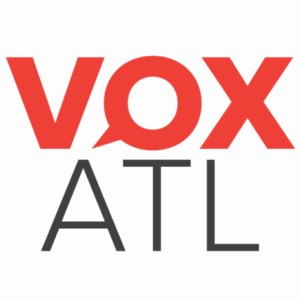“Underserved.” “Disadvantaged.” “At-risk.”
“It makes me feel I’m less than — and I’m not,” said Rachel M., 17. “I don’t think anyone should feel like that. Getting opportunities should not make you feel like a charity case.”
“It’s almost like they [grants or scholarships] want us to lay our trauma out on a platter for them, so like the more the trauma the better the chance you have of getting the grant. That doesn’t really sit well with me. Black trauma, marginalized groups’ trauma is not a competition,” said Cayla, 16.
Alexandria, 15, said: “My school was created as a charter school, and the charter states: ‘It’s time to give better opportunities to inner-city children.’ …It’s weird to look at it every day, because we’ll see different donors coming around, and it’s like they’re looking at us like they’re helping us … It’s weird.”
“Label youth as leaders and students as future professionals — and not underprivileged or underserved kids,” offered James, 18. “Sometimes it’s true, but that doesn’t need to be the cornerstone of what you say you do.”
“It’s important to truly awaken each student’s personal abilities and allow them to shine in different ways,” agreed Hadassah, 17.
In the video below, teens from metro Atlanta share how some of the language of youth development impacts them personally — and offer suggestions to YD professionals to update their language so that their good intentions can “awaken each student’s personal abilities and allow them to shine in individual ways.”
VOX ATL thanks community partners 21st Century Leaders and Future Foundation for inviting teens in their youth development programs to grab the mic with us and speak out about high quality youth development.

